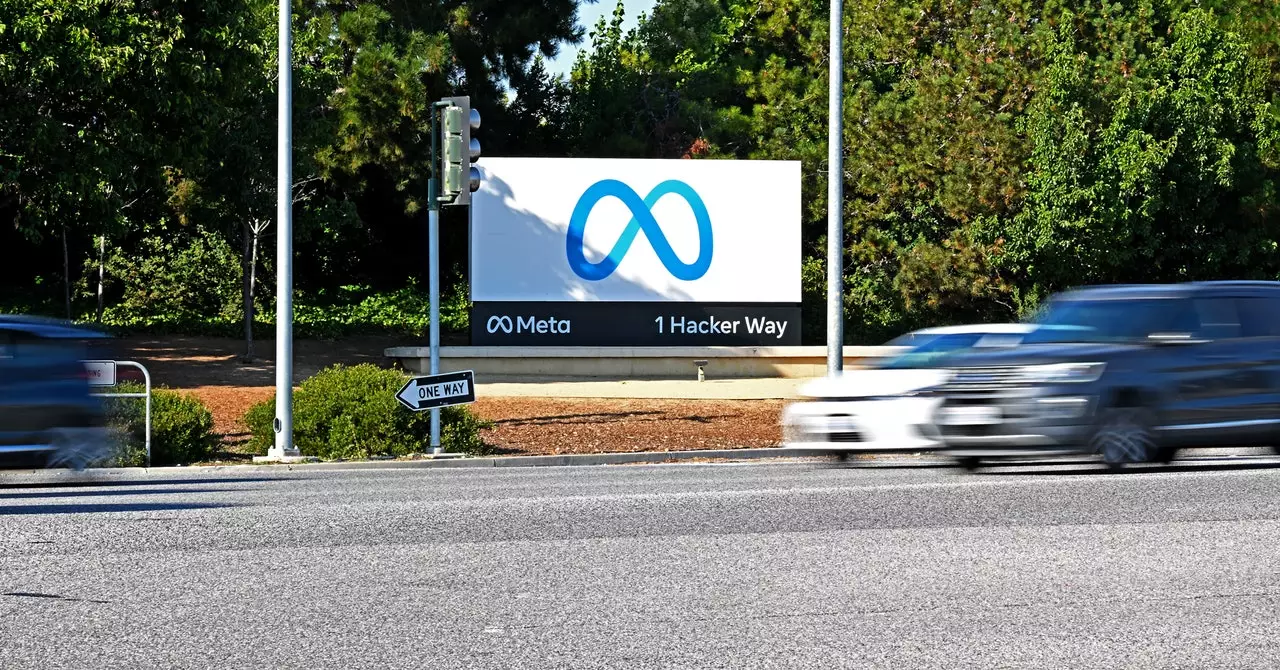The tech landscape is continually evolving, with major corporations constantly re-evaluating their operational strategies and cultural frameworks. One of the most recent changes that has sparked intense discussions is Meta’s attempt to relocate portions of its workforce from California to Texas. While the shift is partly seen as a strategic move driven by public perception, the implications of this decision for employees, policies, and the company’s ideological stance are profound. This article delves into the controversies surrounding Meta’s relocation, its policy changes, and the wide-ranging reactions within and outside the company.
The decision to move teams to Texas has raised many questions about intention and effectiveness. Arguably, relocating employees politically rooted in California to a state known for its conservative leanings may not yield immediate or significant changes in their political ideologies. Many employees view this move as inherently symbolic, a mere façade designed to bolster Meta’s image. This negative perception is amplified by company leadership framing the relocation as a response to a “perception problem” in California, a narrative that has frustrated many within the ranks of the organization. Such symbolic gestures often do little to address deeper systemic issues.
Moreover, the ongoing litigation involving former President Trump, stemming from the suspension of his account following the Capitol riots, adds another layer of complexity. Meta’s leadership, including Zuckerberg’s interactions with Trump, suggests a willingness to navigate politically sensitive waters in search of regulatory and reputational relief. This maneuver creates disquiet among employees who perceive these actions as prioritizing external relationships over their well-being.
Meta’s announcement of workforce reduction—cutting 5 percent of employees while suggesting the possibility of refilling those positions with a Texas-centric hiring approach—has further exacerbated tensions. Employees have expressed concerns that this move aligns with a broader trend of undermining diversity, equity, and inclusion initiatives. The recent cessation of the company’s diversity programs signals a shift toward an “all perspectives welcome” culture that many argue disregards the historical inequities that have marginalized certain groups within the workplace.
The backlash from employees is also magnified by Meta’s policy revisions surrounding hate speech and user interaction. By loosening restrictions, the company risks encouraging hateful rhetoric and harassment on its platforms, which could jeopardize the safety of underrepresented voices. Employees have sounded alarms about the possible surge in misogyny and bigotry resulting from these policy shifts—a sentiment echoed by numerous civil rights organizations that have long advised Meta.
Employees at Meta have not held back in expressing their concerns regarding these developments. Discontent is palpable during internal meetings, where many question management’s commitment to maintaining an inclusive environment. A chilling effect looms when conversations shift towards topics surrounding gender and race, with many employees feeling uncertain about their safety and freedom to express dissenting views without backlash.
Despite the management’s assurances about promoting diverse hiring practices at an individual level, a lack of public commitment raises doubts among staff. Without transparency regarding the gender and racial makeup of the workforce, employees worry that the push for diversity may dissipate into mere rhetoric devoid of tangible outcomes.
As Meta navigates these turbulent waters, it stands at a crossroads. The decisions made now, particularly concerning employee matters and policy adjustments, will shape the company’s trajectory in the years to come. While the allure of a politically charged relocation and a seemingly more permissive approach to speech may appeal to certain factions, they threaten to alienate a significant portion of the workforce and harm the company’s reputation among advocacy groups.
Ultimately, the interplay of corporate strategies, employee satisfaction, and public perception will determine whether these changes undertake a transformative journey for Meta or simply serve as a flashpoint of contention. As the company moves forward with its strategic decisions, it is crucial for management to consider the broader implications of their policies on the value of inclusion, respect, and the diversity of thought essential for a progressive workplace.

